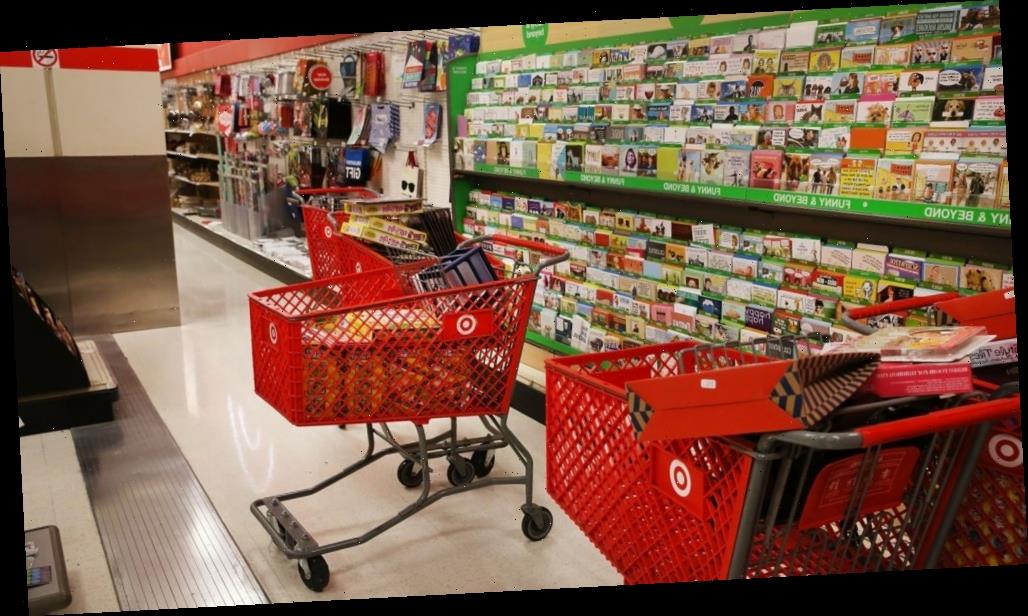
Exactly what is — and what isn’t — essential has become part of our national debate. While it’s generally agreed that things like food, medication, and toilet paper fit the essential need category, states have varied greatly across the United States when defining other essential services. For example, in California, medical cannabis is considered an essential good as well as pet supplies, hardware, appliance repair, gas stations, and banks. Rhode Island local news WPRI reports that firearms stores are considered essential, while bookstores are a nonessential retail business that must close. And now retail stores in counties in Colorado, Missouri, Indiana, and the state of Vermont are expanding these shutdowns to include specific sections of stores like Target, Costco, and Walmart — even while the rest of the store remains open. Michigan has not mandated section shutdowns, but strongly encourages retail stores to close off furniture, carpeting, paint and gardening sections.
So does that mean consumers can’t get items on the nonessential list?
How to get nonessential goods during the pandemic

Customers aren’t banned from purchasing nonessential goods. As Business Insider explains, the limitations are on in-store browsing. Curbside pickup and online delivery from retail stores are still allowed. A Taste of Home backs this up by noting that these limitations are quite state-specific, and have no effect on online shopping such as Amazon. The idea is to limit personal interaction and crowded stores. While a person comes into a grocery store with a list, they are unlikely to display the same behaviors (or mission tactics) when shopping for a summer cardigan or new DVD player. By closing down areas that encourage browsing, retailers are able to speed up the shopping process and cut down crowds, limiting potential exposures to the SARS-CoV-2 virus that causes COVID-19. In addition to promoting online shopping, some stores like Costco are also limiting returns. Today reports that the retailer is taking hoarding behaviors seriously, and not allowing returns of high-demand items like toilet paper and sanitizing wipes in order to curb over-purchasing.
The effort to combat contagion seems to vary widely between states and counties, but purchasers can rest assured that online shopping is still widely available, even as new restrictions are updated in rapid-fire during this pandemic.
Source: Read Full Article
